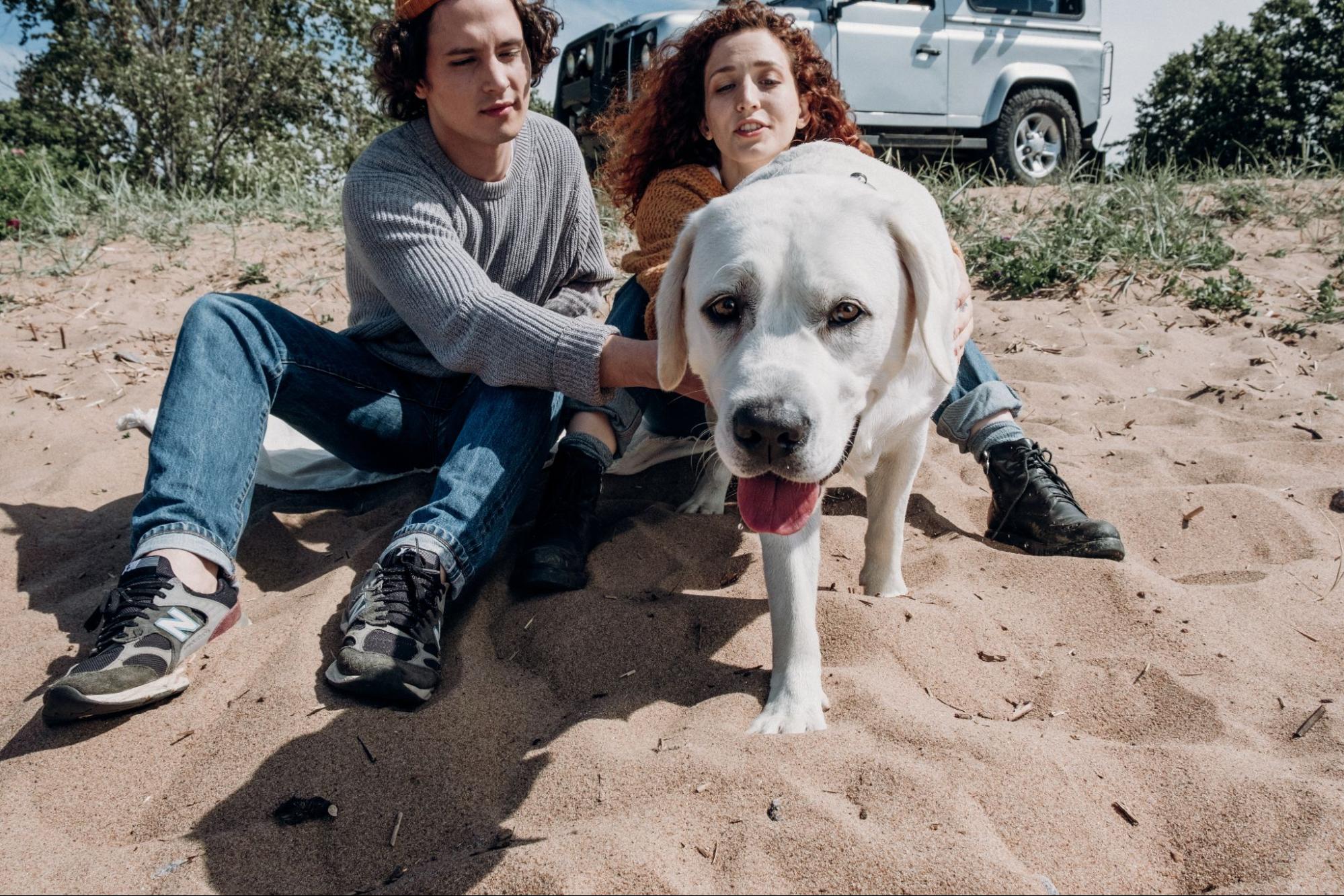How To Train A Labrador Puppy Not To Bite
One of the most effective techniques is redirection. Whenever your Labrador puppy tries to nip or bite, gently redirect their attention towards an appropriate chew toy or bone. By consistently offering an alternative and praising them when they engage with it, you’ll be teaching them that biting humans is not acceptable while also satisfying their natural need to chew.
Consistency and positive reinforcement are key when training any puppy, including Labradors. Make sure everyone in your household follows the same rules and responds consistently when your puppy bites. Additionally, reward good behavior with treats and praise so that your furry friend understands what is expected of them.
Remember that training takes time and patience. Be consistent with your methods and provide plenty of opportunities for exercise and mental stimulation. With dedication and positive reinforcement, you can successfully train your Labrador puppy not to bite and build a strong bond based on trust and respect.

Understanding Labradors and Their Natural Instincts
Labradors are renowned for their friendly and playful nature, making them one of the most popular dog breeds worldwide. However, like all puppies, Labradors have a natural instinct to bite and chew on things as they explore their surroundings and learn about the world. In order to train your Labrador puppy not to bite, it’s important to understand these instincts and employ effective methods that align with their natural behavior.
1. Teething Stage
During the teething stage, which usually occurs between three to six months of age, Labrador puppies experience discomfort in their gums as new teeth emerge. This can lead them to chew on various objects, including hands and feet. It’s crucial to provide appropriate chew toys during this time to redirect their biting behavior onto suitable items.
2. Retrieving Instinct
As retrievers by breed, Labradors have an inherent desire to carry things in their mouths. This instinct dates back centuries when they were bred for retrieving game while hunting. While this characteristic makes them excellent companions for activities like fetch or retrieval training, it can also contribute to excessive mouthing or biting if not properly channelled.
3. Socialisation and Playfulness
Labrador puppies are sociable creatures that enjoy interacting with humans and other animals. Through playtime interactions, they learn valuable social skills such as bite inhibition – understanding how hard is too hard when mouthing during play sessions. Encourage gentle play from an early age by providing appropriate toys and using positive reinforcement techniques.
4. Energy Levels
Labradors are known for being energetic dogs that require regular exercise and mental stimulation. Adequate physical activity helps burn off excess energy, reducing the likelihood of destructive behaviors such as biting out of boredom or frustration.
Understanding these natural instincts will help you approach Labrador puppy training with patience and empathy. By providing appropriate outlets for chewing needs, teaching bite inhibition, and ensuring ample exercise and socialisation opportunities, you can effectively train your Labrador puppy not to bite. Remember, consistency and positive reinforcement are key in shaping their behavior.